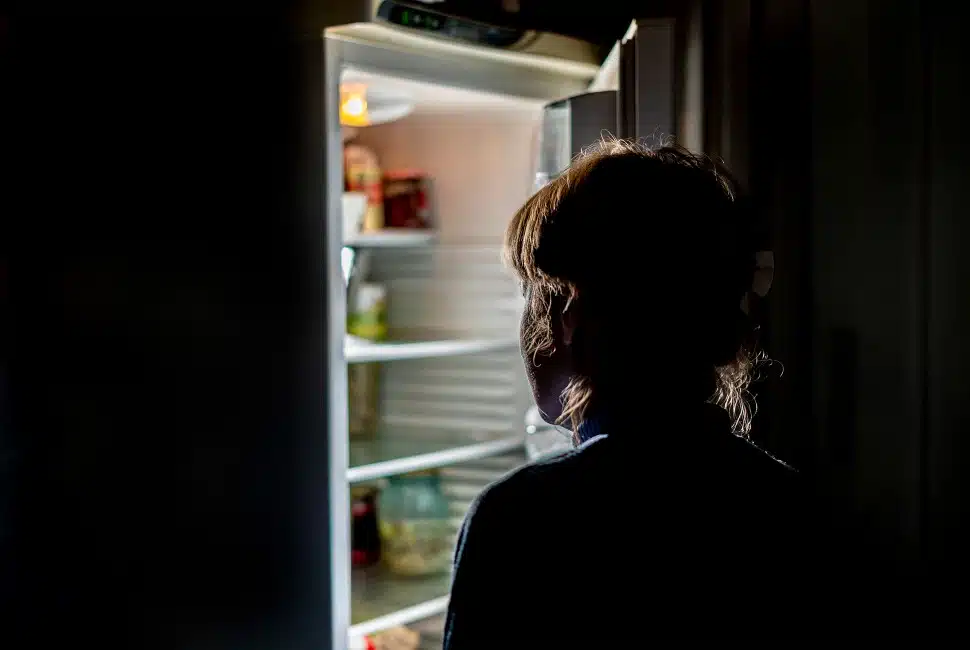Among the most common night symptoms are:
-
Nocturnal polyuria: This frequent urge to urinate during the night, similar to a leaky faucet, may indicate excess sugar in the blood that the kidneys are trying to eliminate.
-
Excessive thirst: Drinking a glass of water before bed is normal, but repeatedly waking up with a dry throat may indicate high blood sugar.
-
Night sweats: Sweating profusely for no apparent reason may be linked to hypoglycemia (sudden drop in blood sugar).
-
Nighttime hunger: A sudden, ravenous appetite in the middle of the night could be a sign of an imbalance in your blood sugar levels.
-
Insomnia and frequent awakenings: A brain deprived of an adequate balance of blood sugar will have more difficulty falling asleep in a deep, restful sleep.
Why does diabetes disturb your nights so much?
Imagine your body as an orchestra: to play a beautiful symphony, each instrument must be perfectly tuned. In the case of diabetes, it is as if some musicians were playing out of tune. Result: repeated night awakenings that interrupt your natural rhythm.
Blood sugar levels naturally fluctuate throughout the night. In a diabetic, these variations are more extreme, creating a real emotional roller coaster for the body: hyperglycemia peak at the beginning of the night, hypoglycemia in the early morning…
How to react to these night symptoms?
.
See continuation on next page
ADVERTISEMENT


